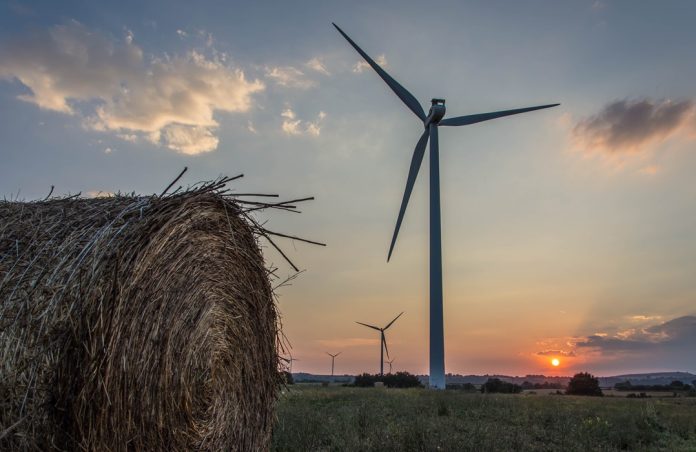As more and more people from all walks of life get to grips with the dangers associated with climate change, many are considering their options in an effort to help the environment. Big businesses are included in this trending drive for change. With the future of sustainability being one of the hottest topics at the moment, we’ve decided to create this article to help those interested to ensure that they are able to make the transition from harmful fuels to environmentally friendly methods as they push forward with their ambitions.
What Does the Future of Sustainability Look Like?
Generally speaking, many businesses are waking up to the dire need to change their working practices in an effort to benefit the world that we live in. Each year, billions of tonnes of waste are produced, not to mention the countless volumes of harmful greenhouse gases that enter the atmosphere. This is why many are turning to alternatives to fossil fuels, such as organic ethanol, in a bid to reduce their carbon footprint and benefit the environment. As more and more join the same cause, the future of sustainability looks promising indeed.
What Can You Do to Help?
It’s fairly simple really – if you find that you rely on non-renewable energy sources in your day to day life, whether you drive to work in a traditional vehicle or if your business utilises fossil fuels for energy during manufacture, simply look for the closest alternative and then consider making the switch. For example, if you drive a regular fuel-consuming vehicle, then you may be eligible to upgrade to an electric car – or one that relies on ethanol within the combustion process for a cleaner level of emissions.
If you manufacture in a factory and find that your generators require petrol or diesel to operate, then switching over to ethanol could be a more convenient solution for your expenses, as well as the environment. In fact, ethanol is a prime example of a renewable energy source that actually benefits the world that we live in. Whenever ethanol is burned, it consumes carbon dioxide as a standard reaction, acting to reduce this harmful and toxic chemical.
Additionally, as it contains more oxygen within its composition, the burning process is far cleaner than when heating or burning other types of fuel. Due to its refinement from biomass, it is easy to harvest and produce, making it highly affordable.
Another good option is to go electric entirely, but the trick is to connect your source of electricity to a natural power source, such as a solar panel or a wind farm which can be assembled on top of a building on a much smaller scale than the larger wind farms that you see on the top of hills and other locations.
Making the change doesn’t have to be challenging and every year, thousands of businesses are doing exactly this. It’s even possible to scale down energy wastage on a personal level with household items that use less energy or rely on renewable sources to function properly.




































